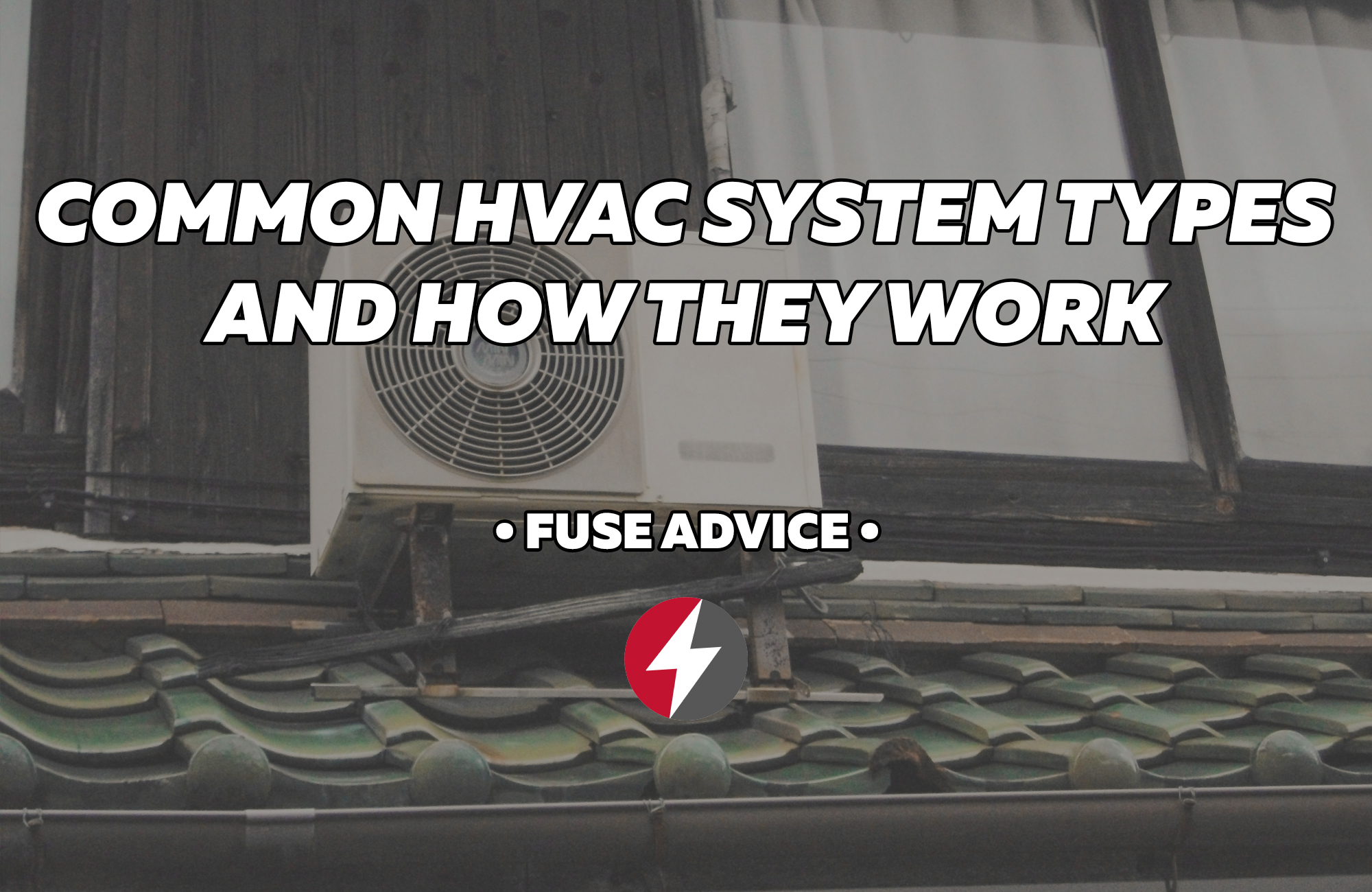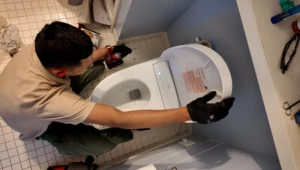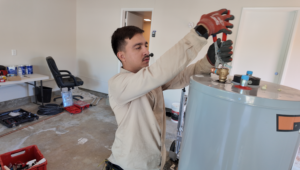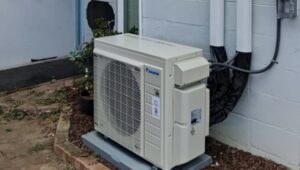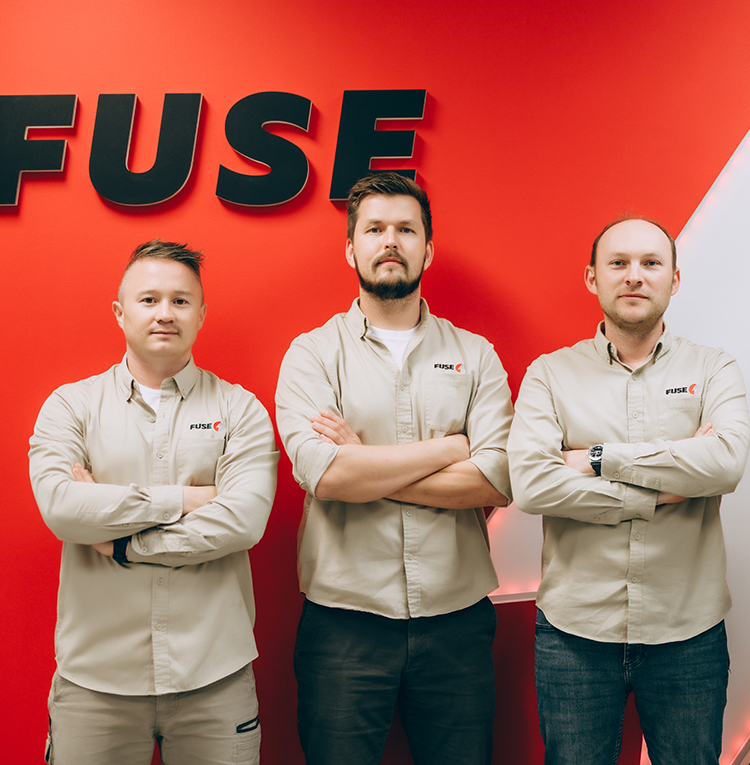Your home or office deserves the right HVAC system in place to see that all its users are comfortable and that it will remain energy-efficient. You could be retrofitting a current system or doing a fresh installation. The options are many, and you need to get the best through the guidelines here. Here are the different types of HVAC systems. This guide is aimed at making you understand each type of HVAC system: its features, pros, and cons, and the factors you need to consider when making your choice of HVAC system.
Basics of the HVAC System
HVAC stands for heating, ventilation, and air conditioning. The systems are installed in order to ensure the quality and temperature of a residence in which they are used throughout the year, providing the best comfort. HVAC systems can go from simple, ready-to-use solutions, including a single unit, to large, complex multi-zone arrangements. The most common and important elements of an HVAC system include a heating furnace or heat pump, an air conditioner, an air distributing system, a thermostat, a control system, and filtration mechanisms.
Heating is the process of making the indoor air train, through a furnace or heat pump. A cooling system is an air conditioner or heat pump that supplies cold during hot weather. Ventilations are the exchange of indoor air with outdoor air whereby it controls indoor air quality, maintains room temperatures, and eliminates any type of smoke, heat, moisture, dust, airborne bacteria, and carbon dioxide.
Some of the newer features of modern HVAC systems could include programmable thermostats, zoned heating and cooling, and energy-efficient equipment. At its most basic level—an understanding of how an HVAC system fundamentally functions—is important for a homeowner or a business owner regarding their needs for heating and cooling.
What Are The Different Types of HVAC Systems?
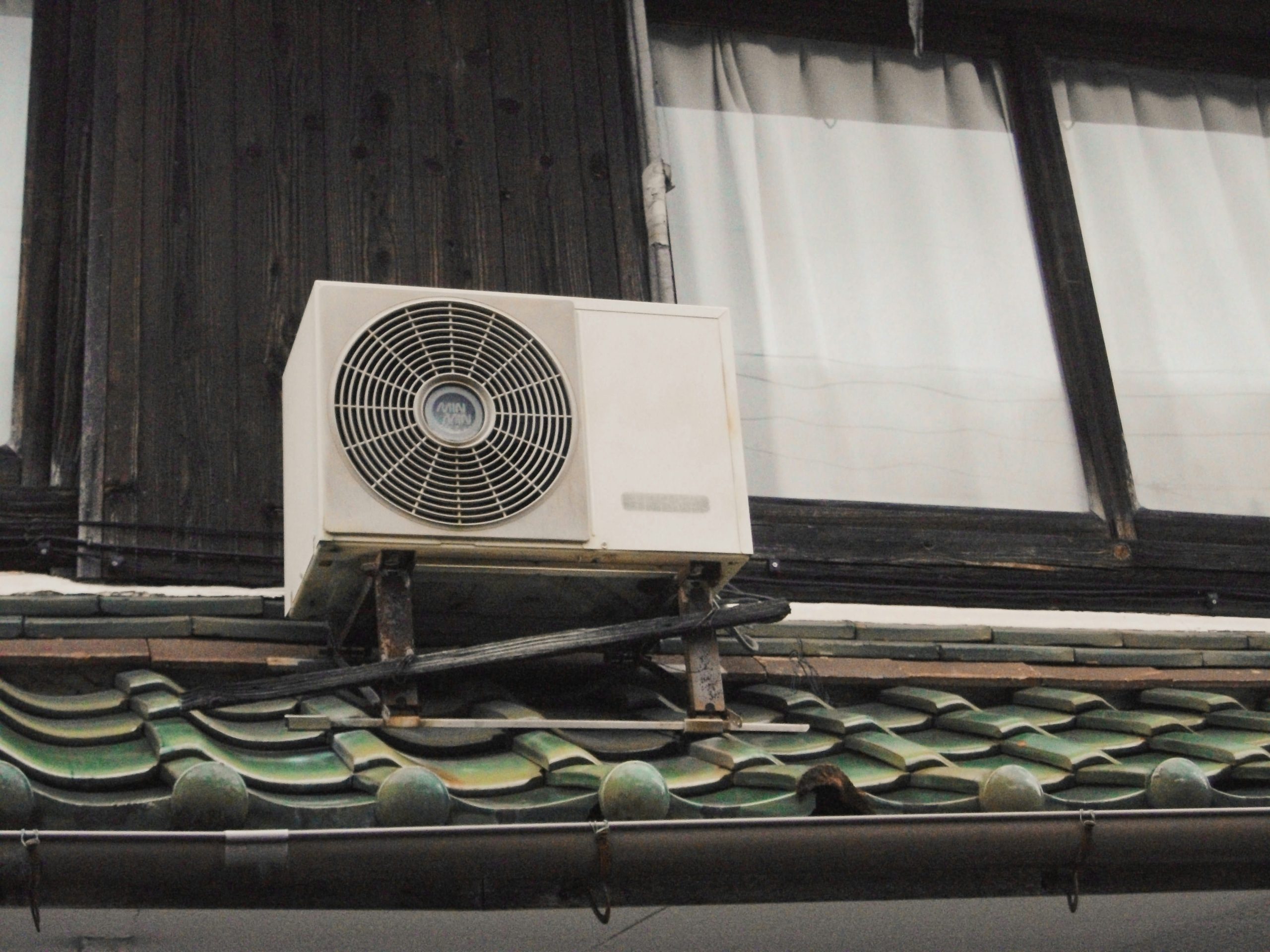
The HVACs come in various types of systems with various features and benefits. These differences in the system features can help a great deal in jotting down the right unit to choose the best suited for your needs.
Heating and Cooling Split Systems
The two most commonly used HVAC systems for a majority of residential homes are the heating and cooling split systems. The system actually consists of two units: one is outside that contains the air conditioner or the heat pump, while the other unit is an indoor unit that includes the furnace and the evaporator coil. Actually, they are ideal for use both during the cold and warm seasons.
Key Features:
- Heating and cooling components integrated yet discrete
- Indoor units all placed in the basement or closet
- Outdoor unit installed outside building
- Thermostatic Control System
Pros:
- This is going to be the benefit of split systems, as they are designed to provide proper performance in both heating and cooling to give all-year-round comfort.
- Initial lower cost compared to other systems: These systems are in general less costly to purchase and set up.
- Easy maintenance: maintenance and repair are easier because these parts are stand-alone.
Cons:
- Requires ductwork: It could be complex and expensive to install if ductwork is not part of the site in advance.
- The outdoor unit has the potential of being noisy and making noise, which might prove to be irritating in silent areas.
- Not appropriate for all climates: In extreme cold or heat, the system may not work well enough to maintain a comfortable level of satisfaction.
Duct Free, or mini Split Systems
Duct-free systems, also known as mini-split systems, are a flexible solution to providing comfort for heating and cooling in any individual room or single zone in a home. They are composed of an outdoor compressor and one or several indoor air-handling units. Such kind of system allows each particular zone to be controlled independently.
Key Features:
- No need for ductwork
- IZC (Individual zone
- Small and flexible.
- Remote control
Pros:
- Energy efficient- It would save on a lot of energy since it would only heat or cool the zones that are occupied.
- Ease of installation: Compared to conventional ducted systems, they are relatively easy to install, especially in homes without existing ductwork.
- Low noise level: These indoor units are designed with quite operations, suitable for bedrooms and living rooms.
Cons:
- Initial cost: Purchase and installation of mini-split systems are both costly compared to other options.
- Multiple units: You have more than one indoor unit, and regular maintenance may become time-consuming and costly.
- Cooling limit of significant space: Mini-split systems may not be the best for a big house or a building with an open structural plan.
Hybrid Split Systems
Hybrid split systems are the same as traditional split systems, but the additional feature of an electric heating pump works under electricity and natural gas for the best possible energy use. The dual-fuel operation makes hybrid systems very efficient and environmentally friendly.
Key Features
- Dual fuel (electric and gas)
- Be highly productive
- · Residential units · Commercial units
- Intelligent Thermostat Control
Pros:
- Energy savings: hybrid systems switch between electricity and gas depending on the efficiency.
- Eco-friendly: A heat pump reduces the number of fossil fuels used, thus reducing the carbon footprint.
- Versatile heating and cooling: They offer good heating and can typically be used in various climates.
Cons:
- Higher initial expense: Initial costs for hybrid installations are usually higher than the costs for the conventional split installations.
- Difficult Installation: The installation process of hybrid systems is slightly complicated and, in some cases, may require a professional, hence relatively more sophisticated than other HVAC systems.
- It is Efficient with regular maintenance: Hybrid systems are efficient; however, they need to be maintained regularly for both the electric and gas components.
Packaged Heating And Air Systems
Packaged heating and air systems package everything required for heating and cooling all into one unit. These systems are typically installed on the roof or ground located outside of the building. They are, however, often installed in small commercial buildings and residences that lack enough indoor space for this type of installation.
Key Features:
- All-in-one unit
- Suitable for use in small commercial buildings and homes
- When designing buildings,
- Prefabricated parts
Pros:
- Compactness and ease of installation: Since they are packaged in one unit, packaged systems save space indoors and are much easier to install.
- Cost-effective for small spaces: They work remarkably well for small buildings and homes, where space is of prime importance.
- Easy maintenance: as the components are installed in one unit, it is east to take care of and repair.
Cons:
- Less efficient compared to split systems: some package systems are sometimes less effective than separate units due to combined parts.
- Some of them are that the single unit can be rather noisy, which may cause discomfort based on the place of application.
- Less Customization Options : In a packaged system, there are fewer options available for customization, as opposed to a split system.
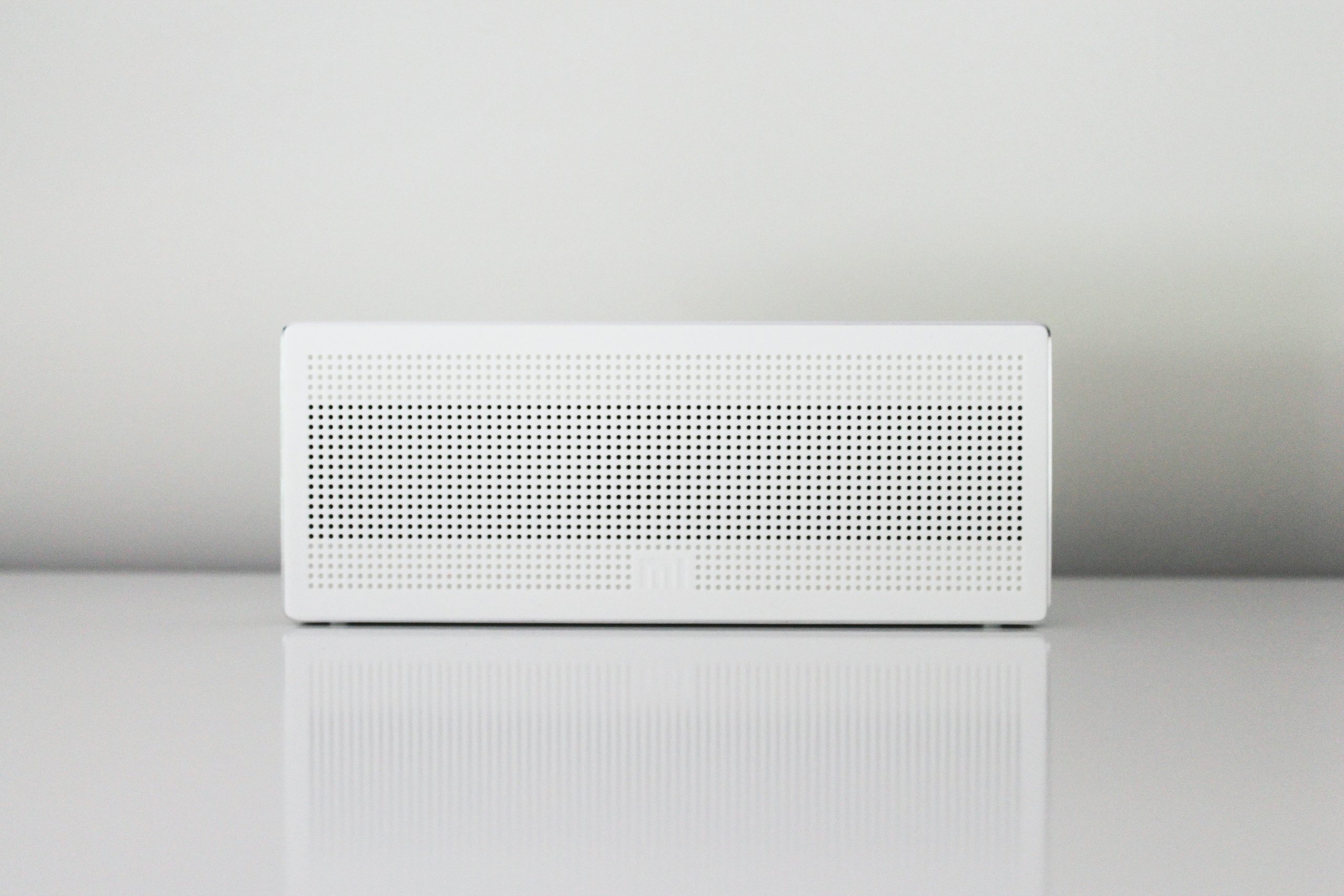
Factors to Consider When Selecting an HVAC System
Consider these factors below in selecting a quality HVAC system to make a proper decision suited to your specific needs:
- Home Size: The size of your home is going to ultimately dictate the ability and type of HVAC system you can use. Larger homes may need stronger systems or even have to be worked in separate zones.
- Climate: The choice of HVAC systems is significantly directed by your local climate. Harsher climates with very low or very high temperatures call for more heating and cooling types of HVAC.
- Budget: Include implementation and long-term operating costs. While some systems may involve high preliminary capital costs, they result in energy and maintenance savings over the long term.
- Energy-Efficient: Think of the ones with high SEER ratings and are ENERGY STAR certified as the ones that will avail you of good energy savings and good environment care.
- Indoor air quality: Consider features in systems with effective humidity control and advanced filtration for persons with allergies and respiratory problems.
- Maintenance requirements: the different systems come with different requirements for maintenance. Ensure that you understand the kind of maintenance practices you need to undertake with the system you choose and budget the cost of the practices.
You could always consult a professional HVAC contractor who would be able to help you access a few of those factors and aid in choosing the right kind of system. They would be in a better position to guide you regarding the sizing, installation, and maintenance to ensure that the system gives optimal service for a long period.
Need Help to Choose the Right Type of HVAC System for Your Needs?
With a lot of options, choosing the perfect HVAC system can still be an overwhelming task. Get professional help when trying to determine which HVAC system types work best for your home or business; discuss the options and get some advice. This way, they can help you decide what is most appropriate for you in terms of need, budget, preference, and type of system. Do not hesitate to get advice from an expert regarding types of HVAC systems to make a wise move.
Conclusion
Knowing these distinct kinds of HVAC systems helps bring one to speed in making choices for one’s heating and cooling needs. Whether it is a split system, a mini-split system, a hybrid system, or a packaged system, each came with a feature, pros, and cons. Caring for other factors, including home size, climate locality, budget, and maintenance requirements, this can help determine the HVAC system to be installed. Visit HVAC installation San Jose for expert HVAC installation in San Jose. Investing in the right HVAC system.
